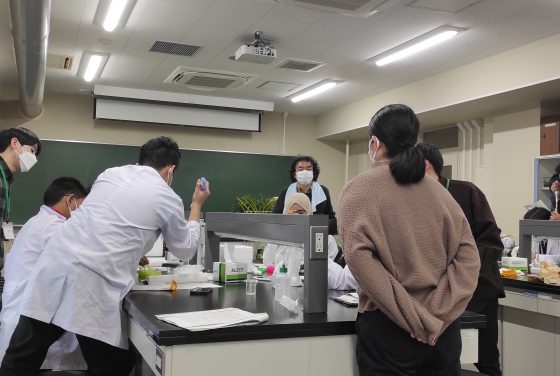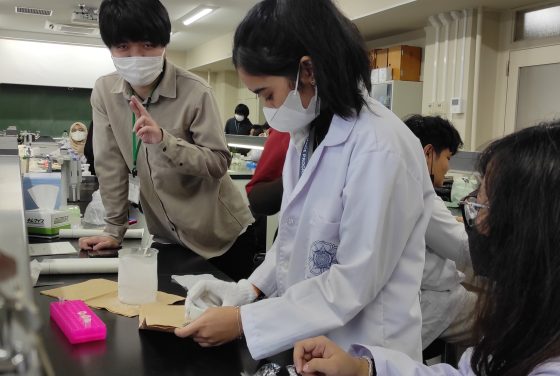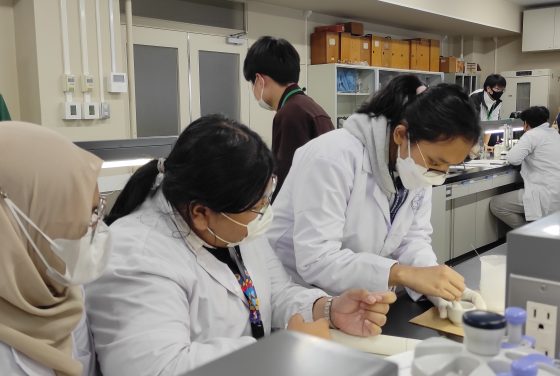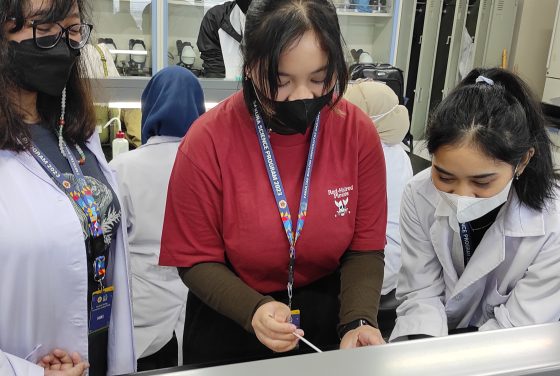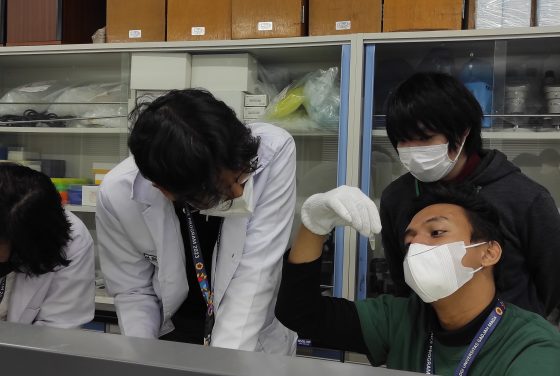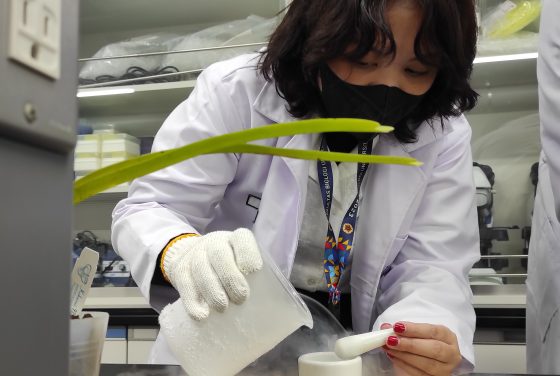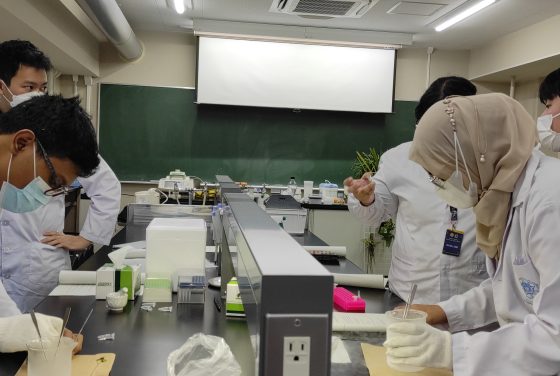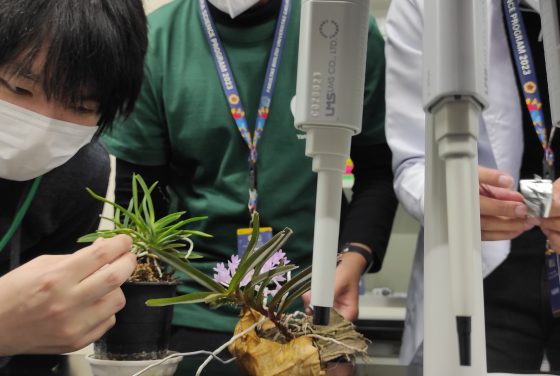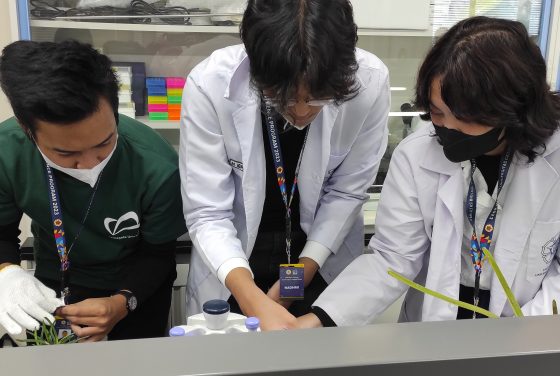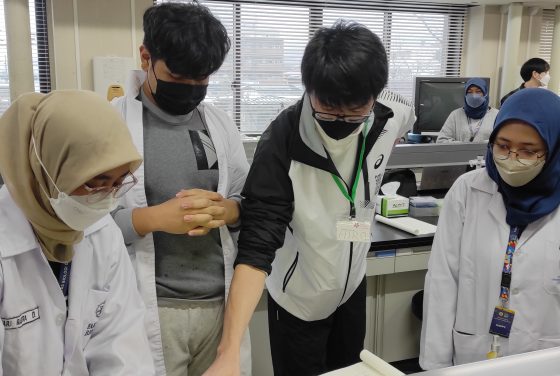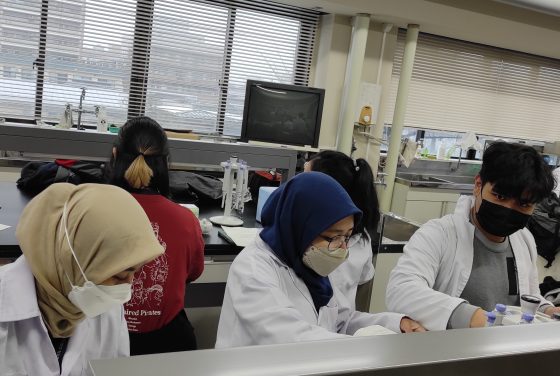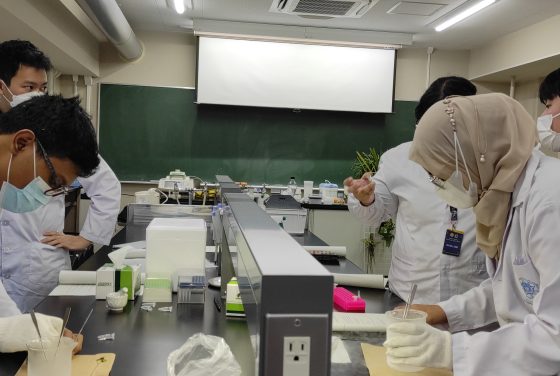On Monday, 20 February 2023 the 2023 Independent Learning Campus (MBKM) Research Team in the Faculty of Biology UGM, with Dr. dra. Rr. Upiek Ngesti Wibawaning Astuti, DAP&E, M.Biomed as the leader, along with 6 students (Qurotul Ainina, Muhammad Makmal Baha, Alifyanita Maulida, Muhammad Rizki, Ratnaduhita, and Deanova) have carried out initiation and coordination with partners, PT Pradipta Paramita Agroutama which is located on Jl. Waru Raya, Waru, Pulosari, Karanganyar. This activity was intended to convey the plan and design of MBKM Research activities entitled: “DIVERSITY OF PROTOZOANS AND SOIL MICROARTHROPODS AS BIOINDICATORS OF SUCCESS OF COMPOSTING AND SOIL CONTAMINATION” as well as an introduction to the formation of the research team.
Until now the composting process has become a common and easy thing to do, however, studies on compost yields, especially in the presence of soil microfauna, have very limited information. The presence of protozoa, worms and soil microarthropods is an important part of the composting result because it can be an indicator of the quality of the fertilizer/compost produced. In addition, the main nutrient content and supporting nutrients also require in-depth study. Various organic fertilizers have been made with various basic ingredients.
The presentation of the MBKM-Research activity plan was carried out by Dr. Upiek, who received a positive response and welcomed the activities to be carried out by the director of PT Pradipta Paramita Agroutama, Mrs. Dra. Agnes Heratri, M.Sc. She also conveyed that her company had started producing organic fertilizer since 2004 with the basic ingredients of cow dung, and continues to make innovations related to organic fertilizer production. In this presentation it was also conveyed that in the manufacture of this fertilizer,there are many things that need to be considered such as the basic ingredients of the fertilizer, the content of lignin, pectin, starch, and etc.
It was also conveyed that good compost/fertilizer has microbiotic characteristics such as being able to present fertilizing organisms, odorless, and with soil texture. So far, in the composting process, molasses has been added. There are 4 types of starters that can be used in composting, depending on the basic ingredients. Hard plants will require a longer time than soft plants, and of course will require a different starter. After an in-depth discussion regarding the planning and implementation of activities, initiation, coordination of MBKM-Research activities, this was ended with a group photo.

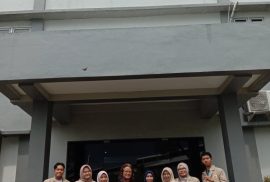
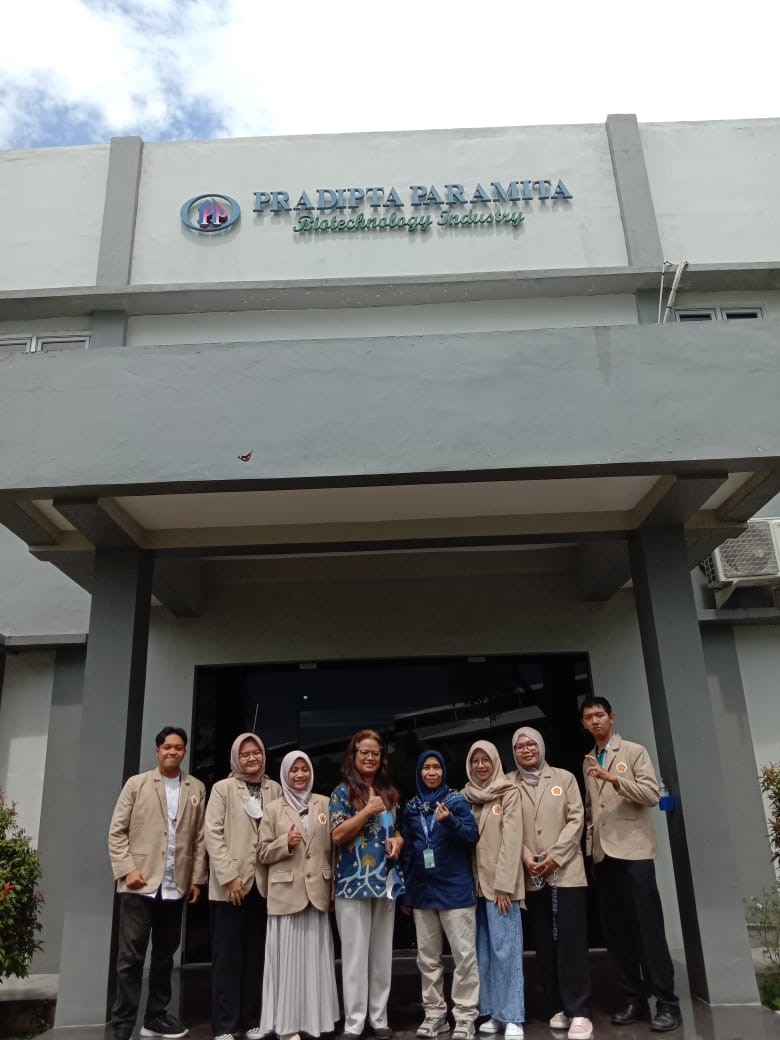

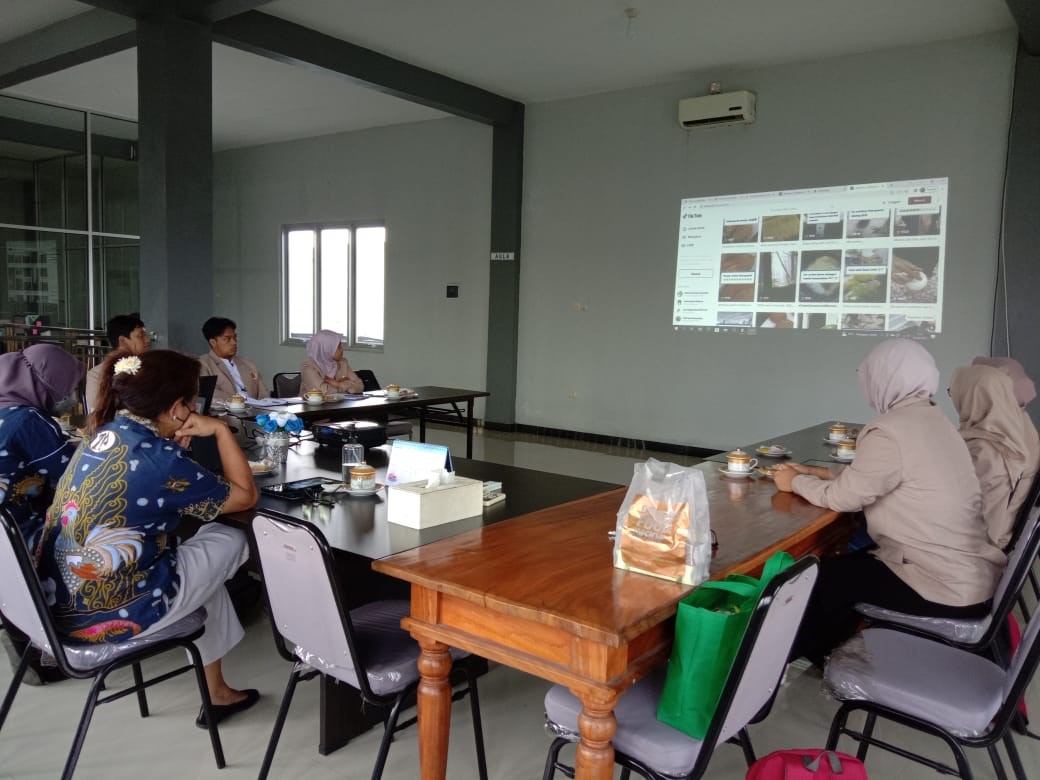
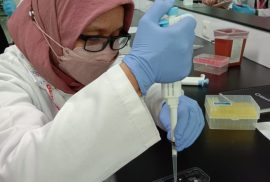
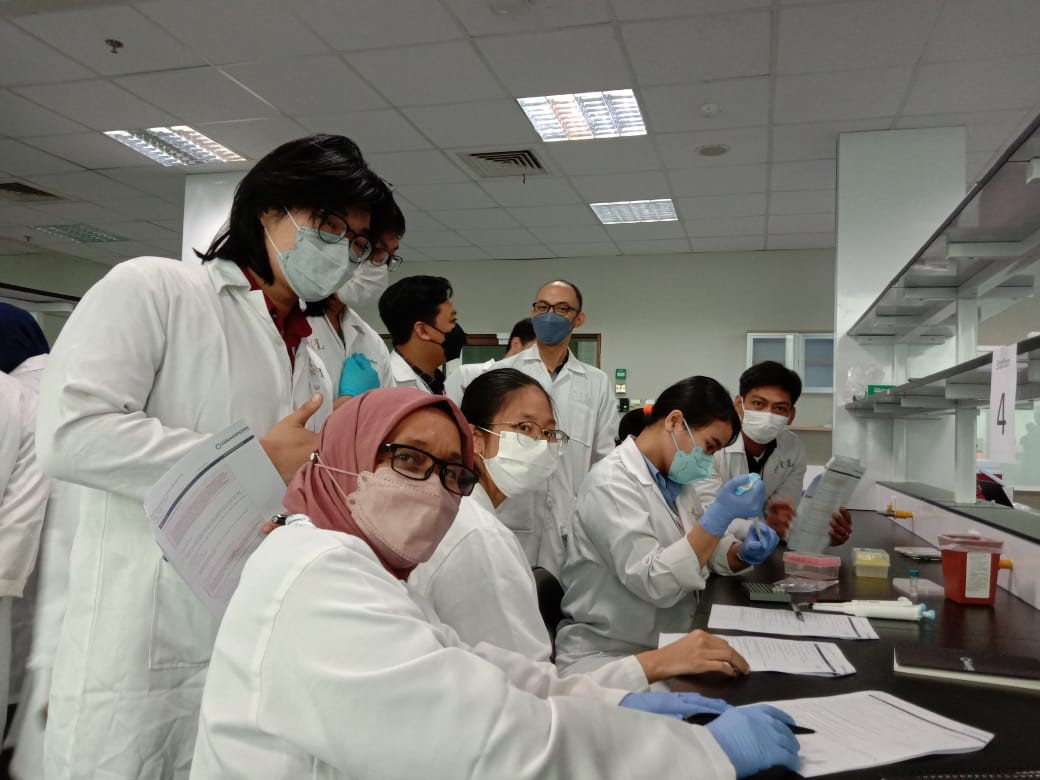
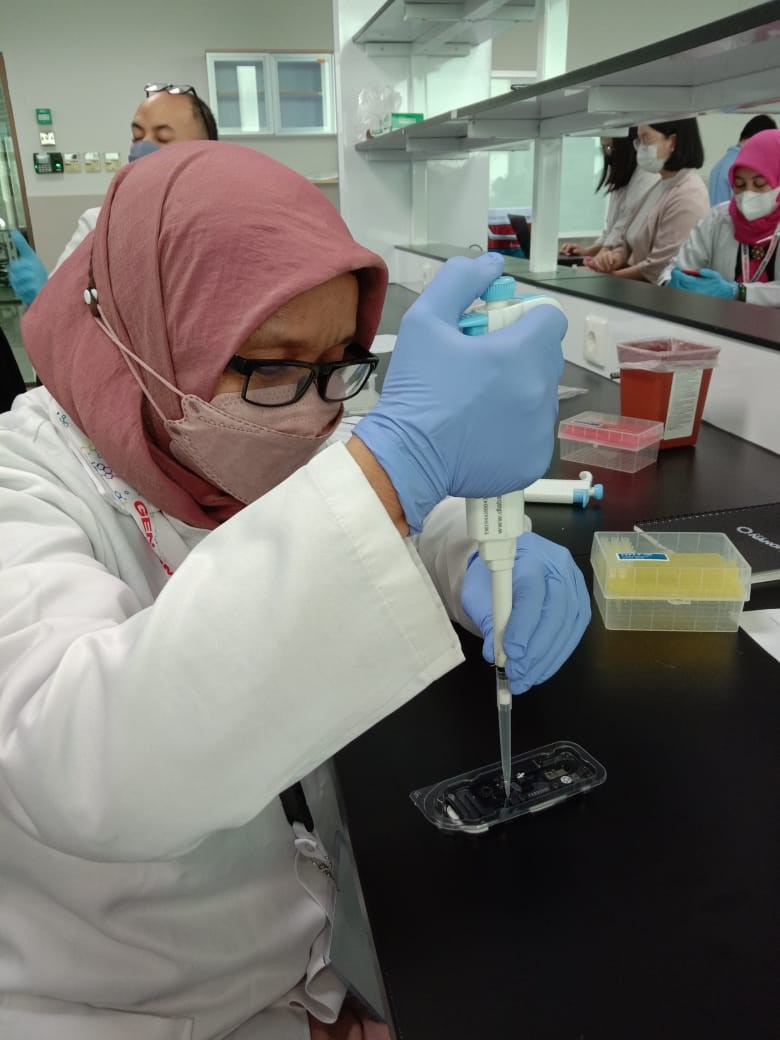
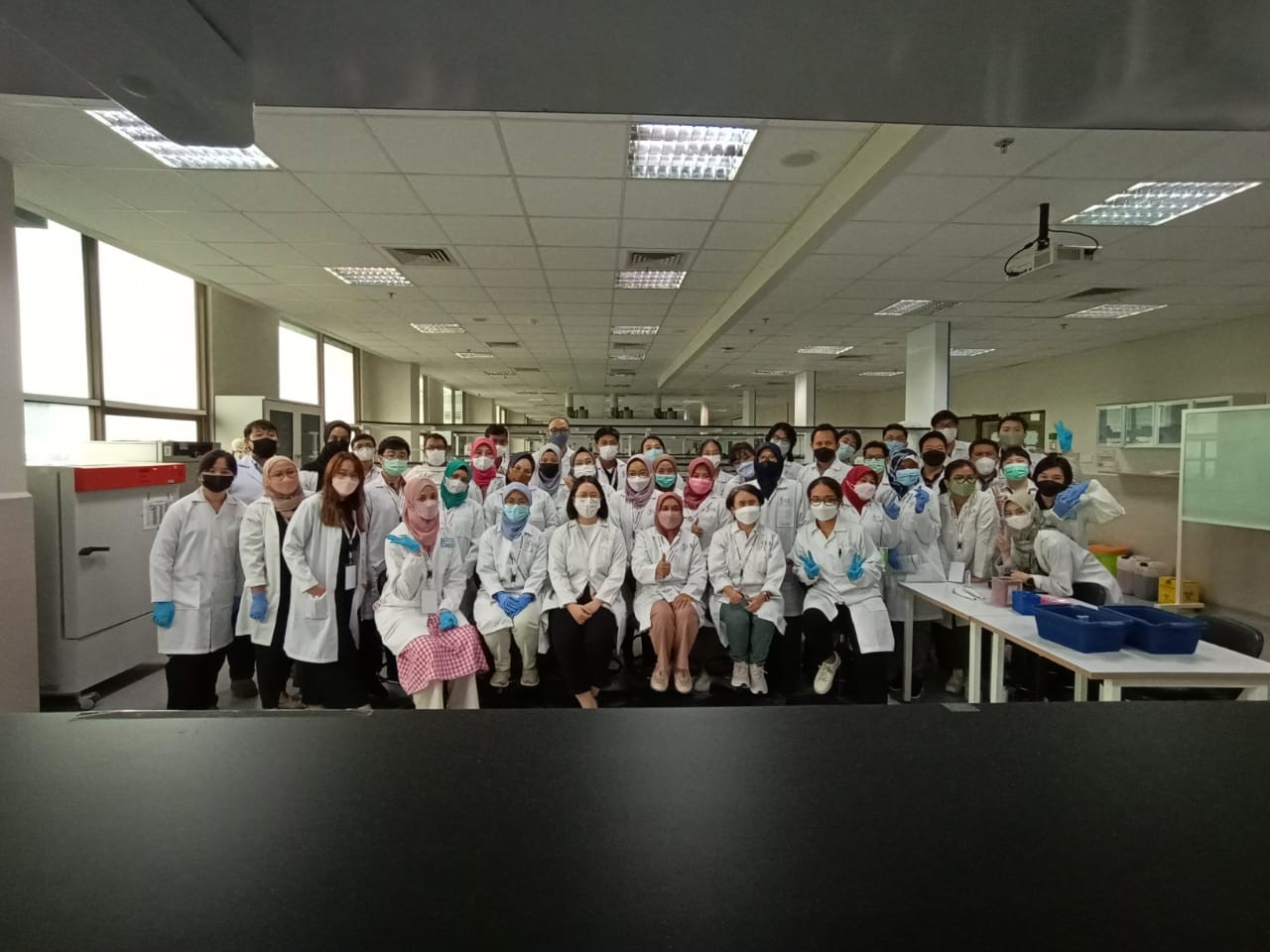
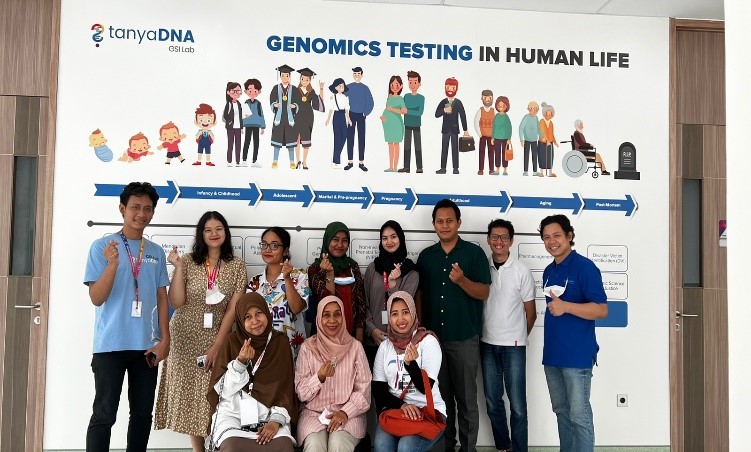
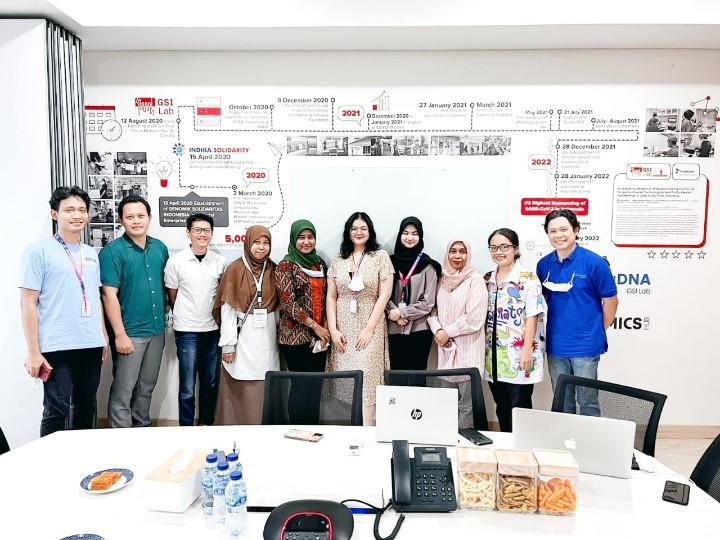
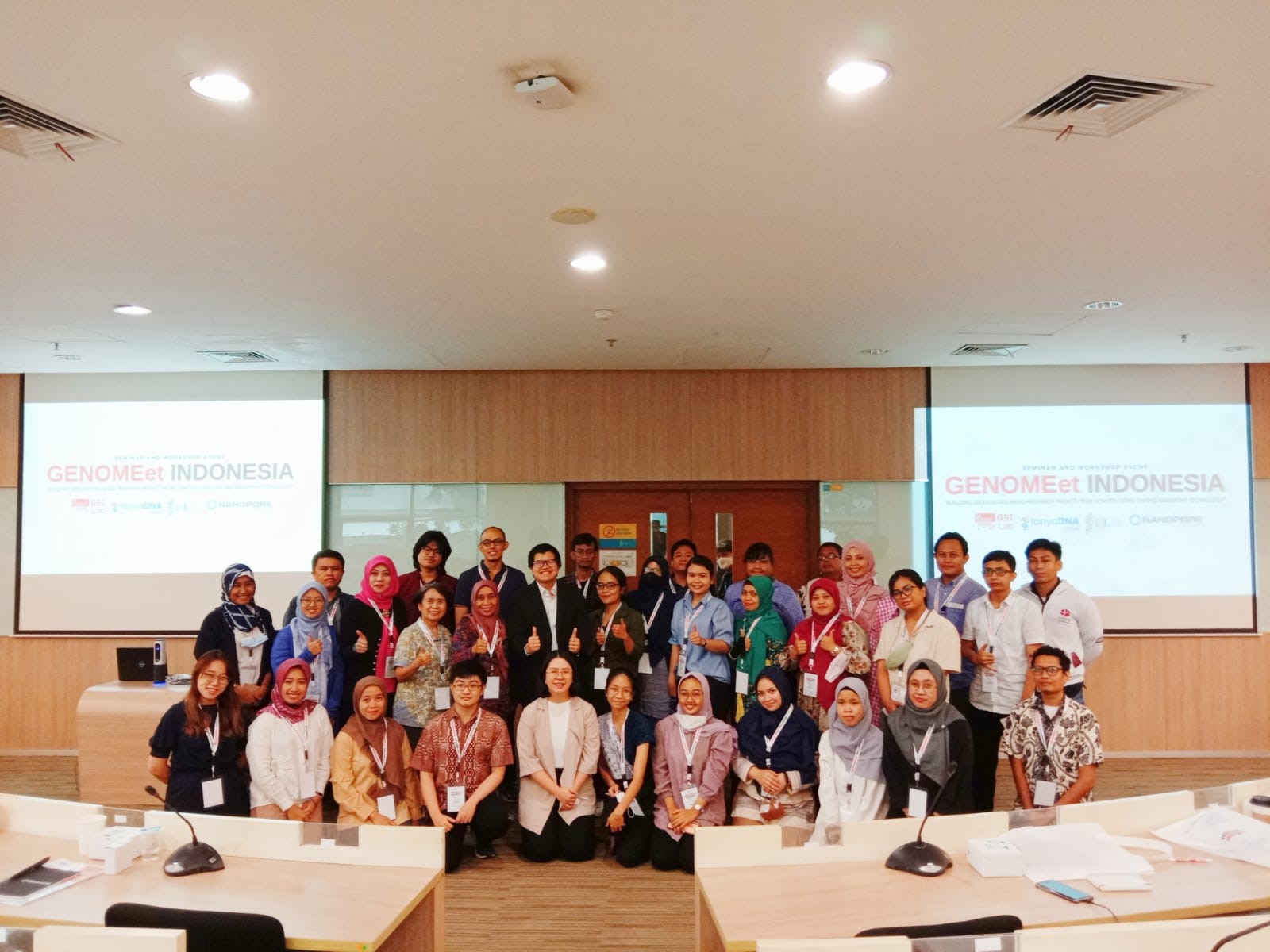
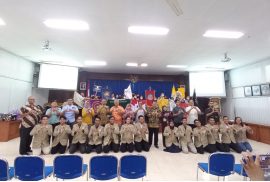
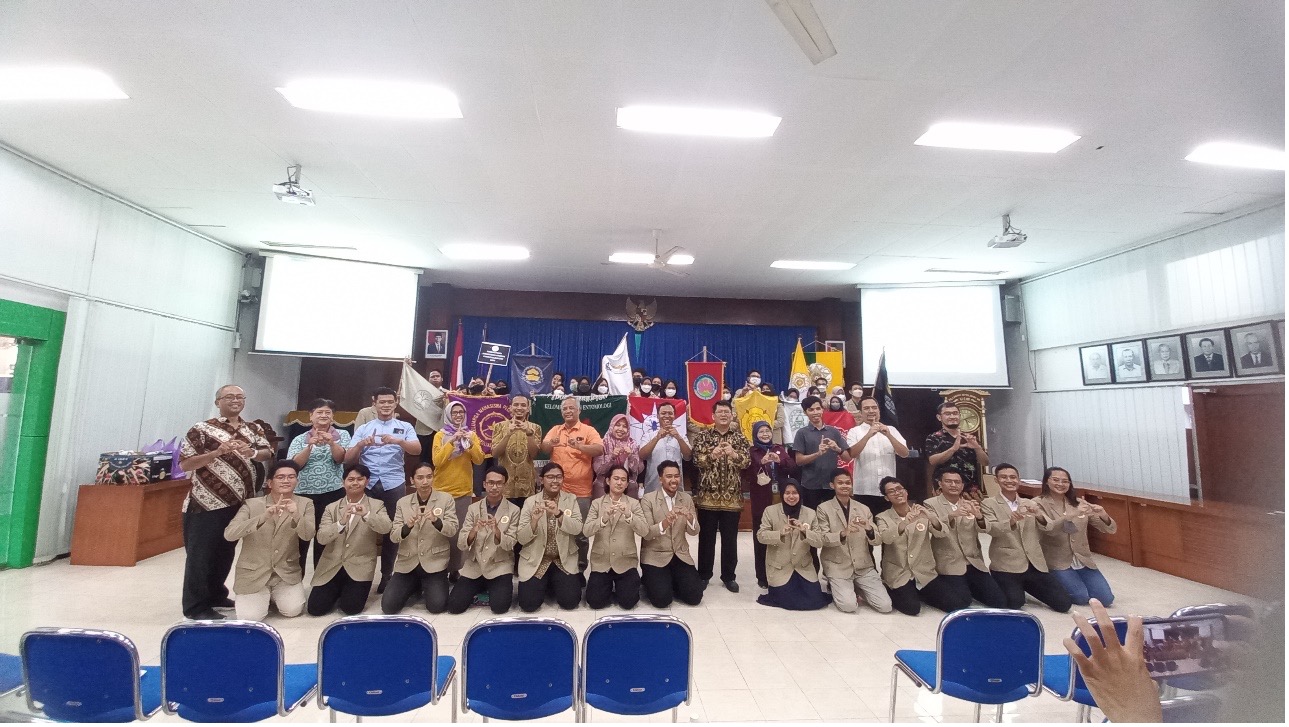
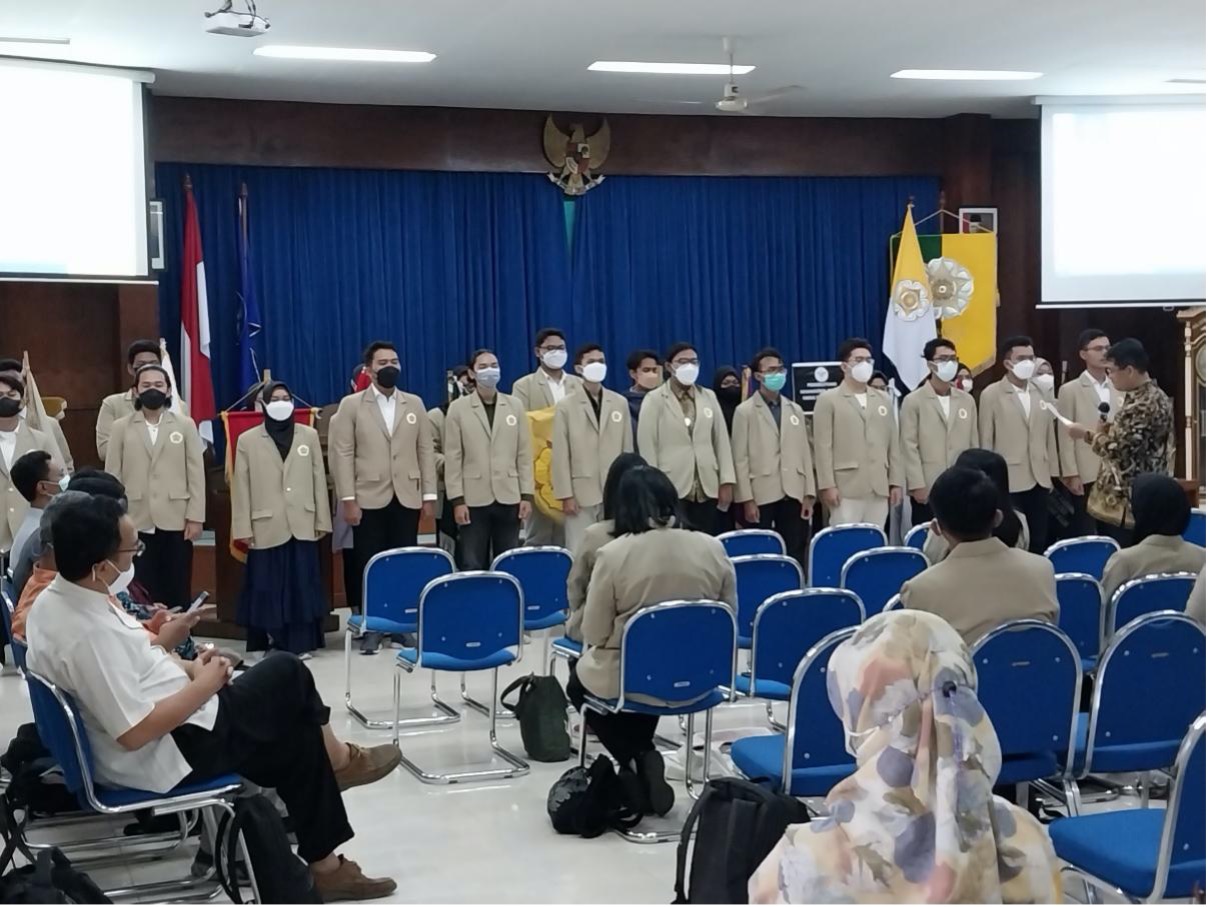
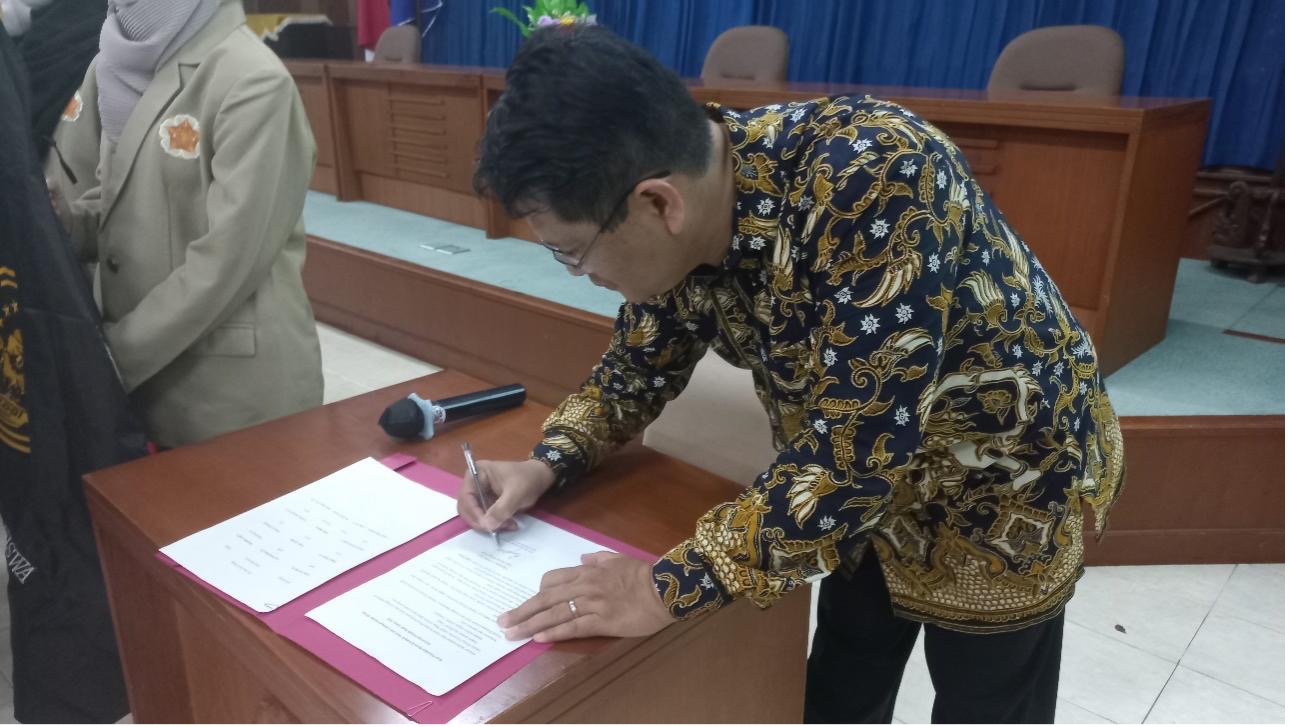
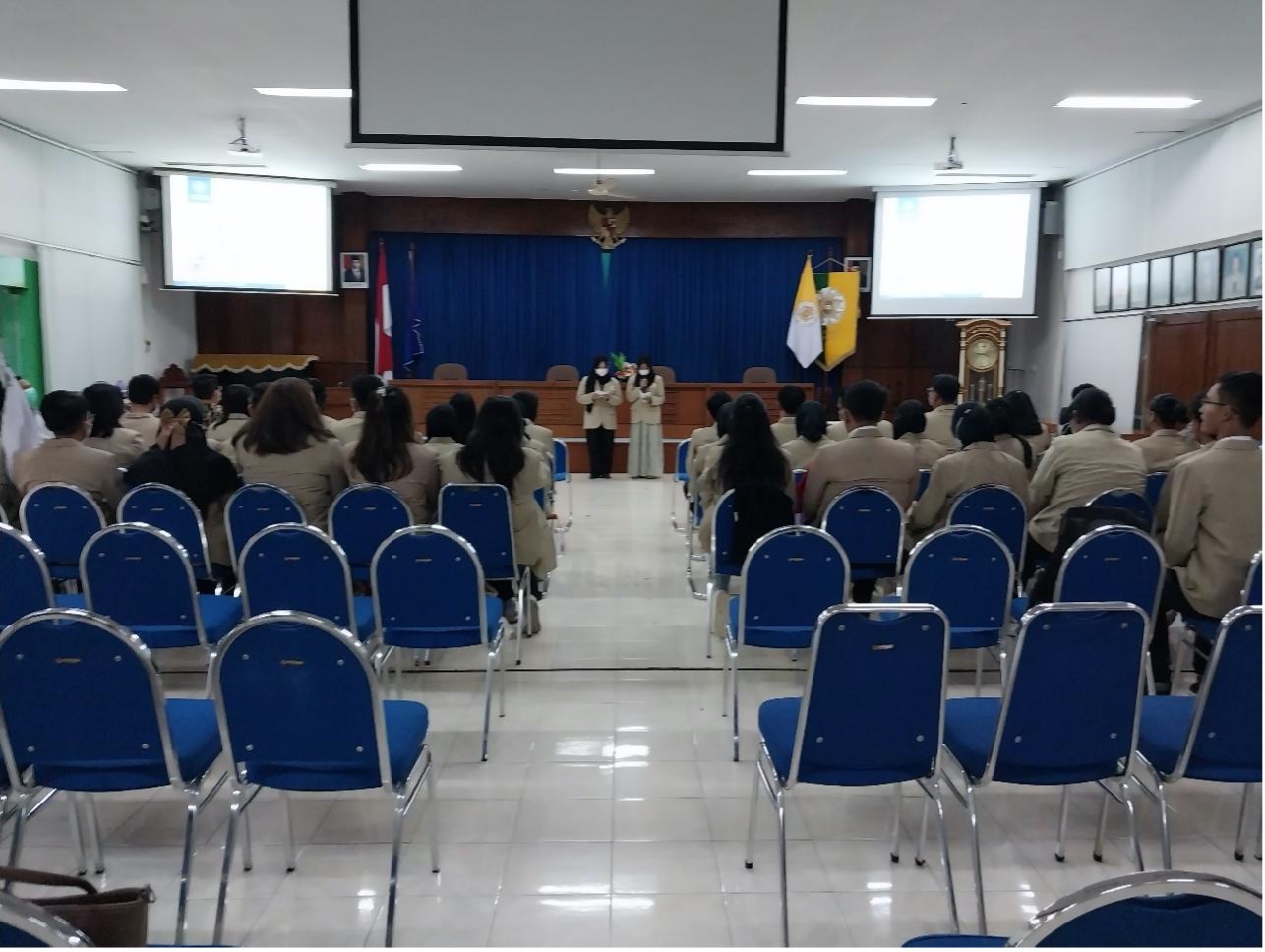

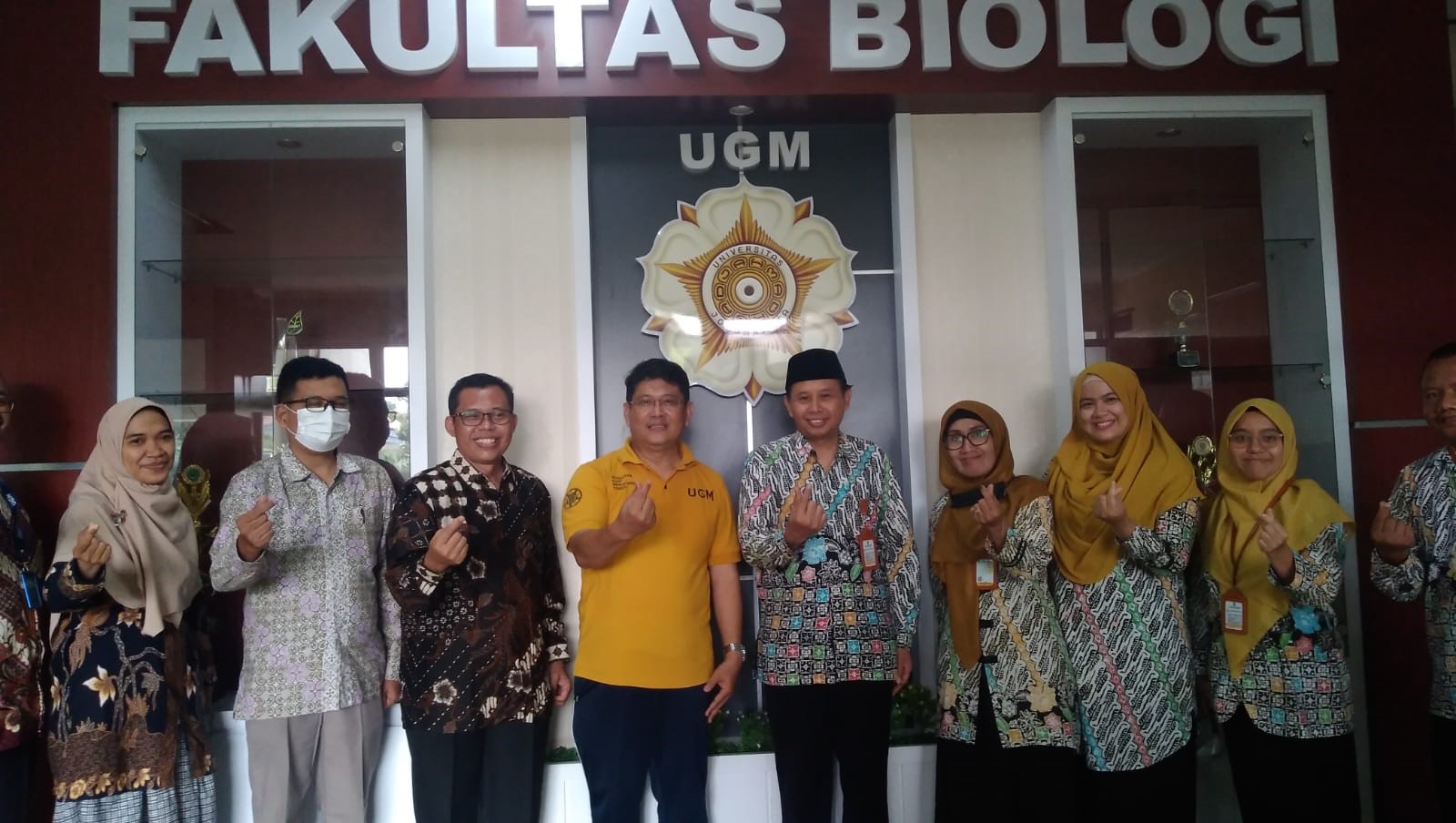
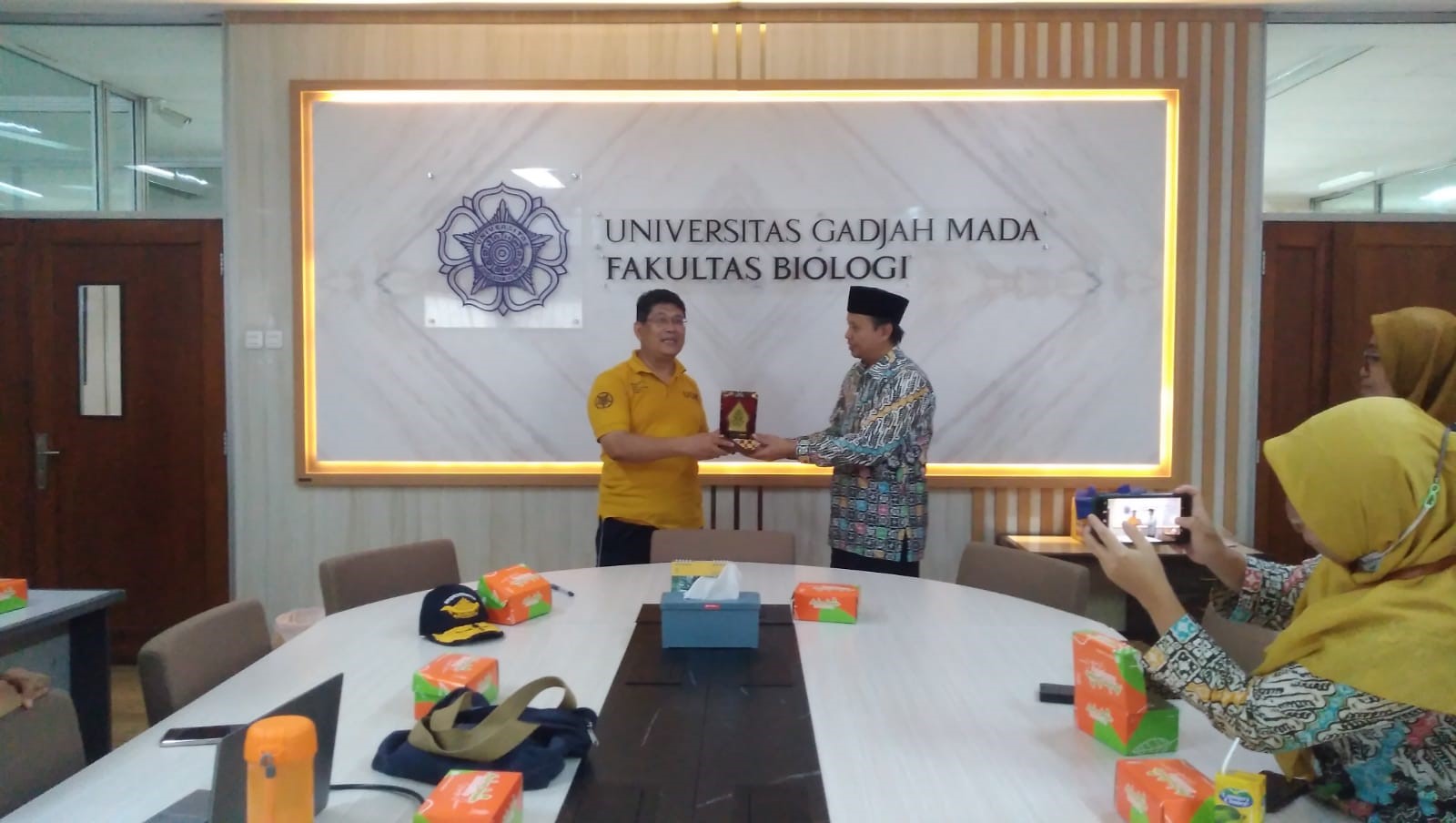
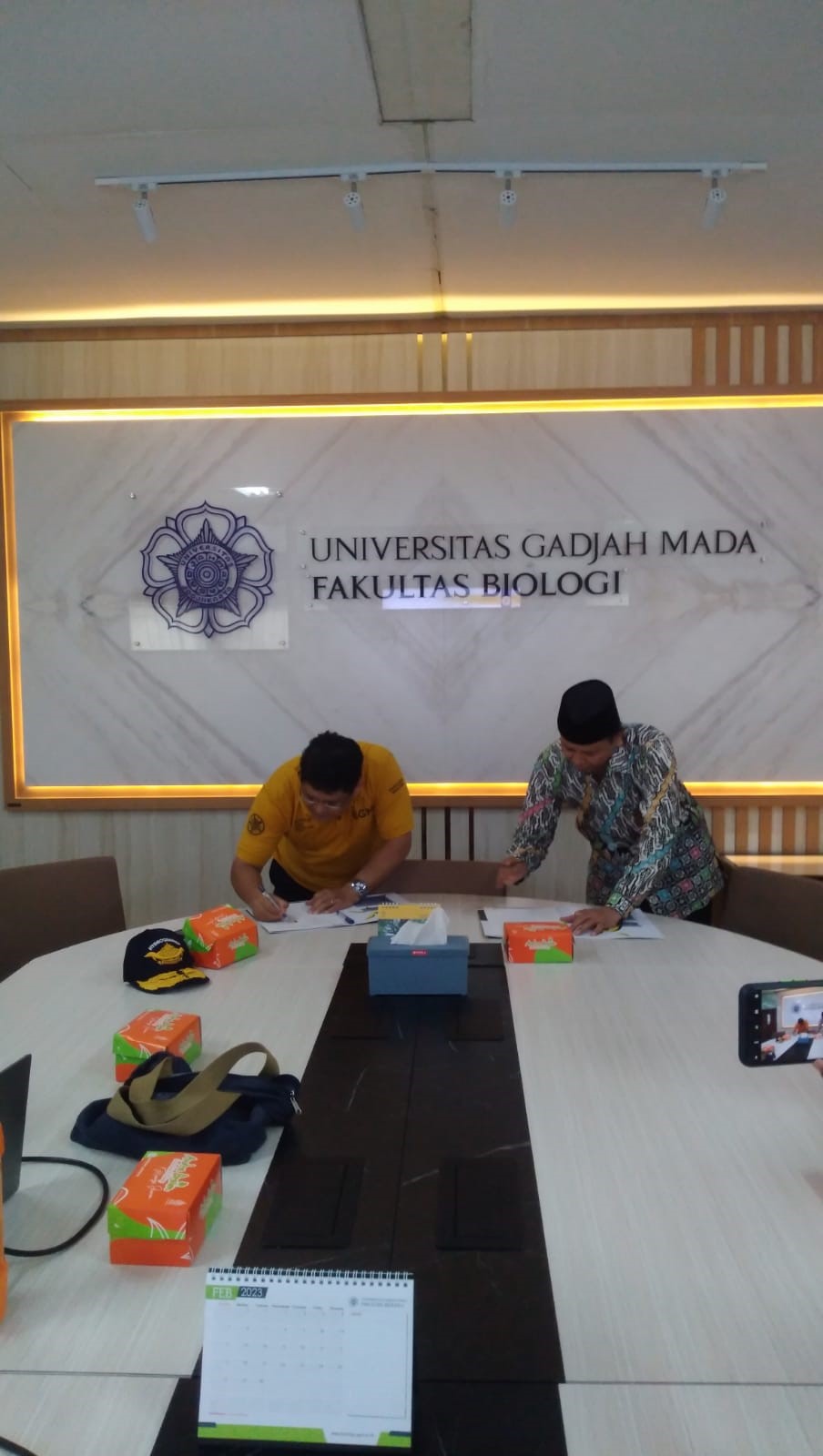

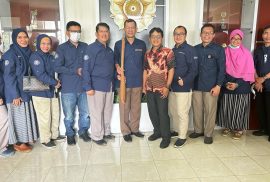
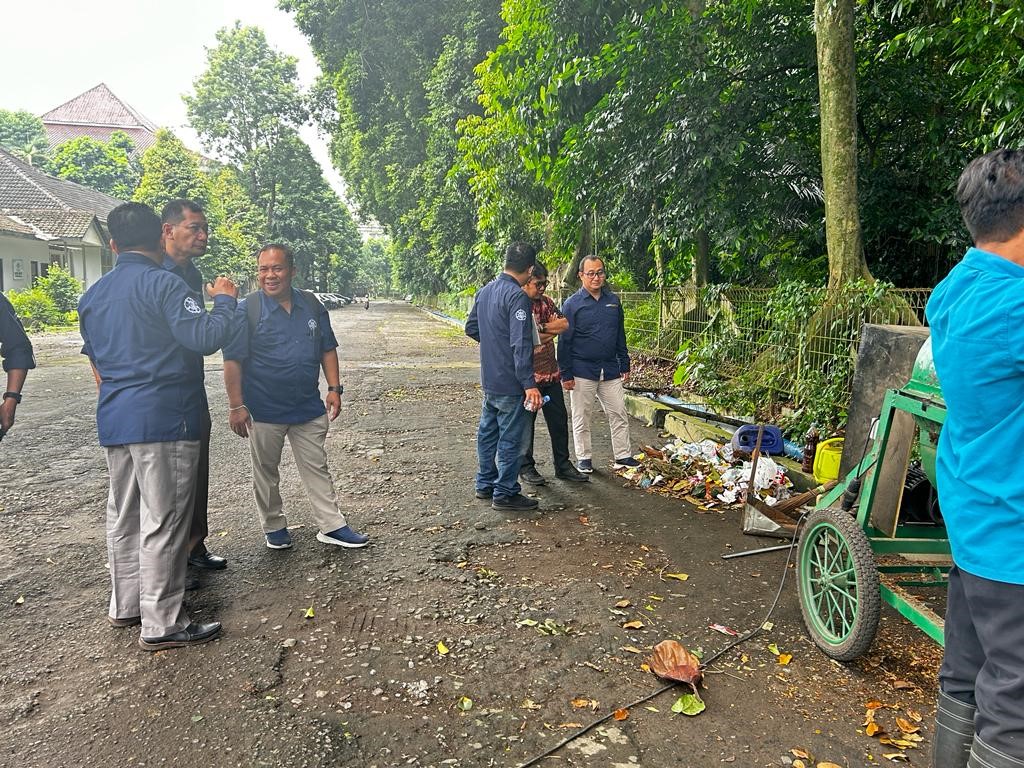
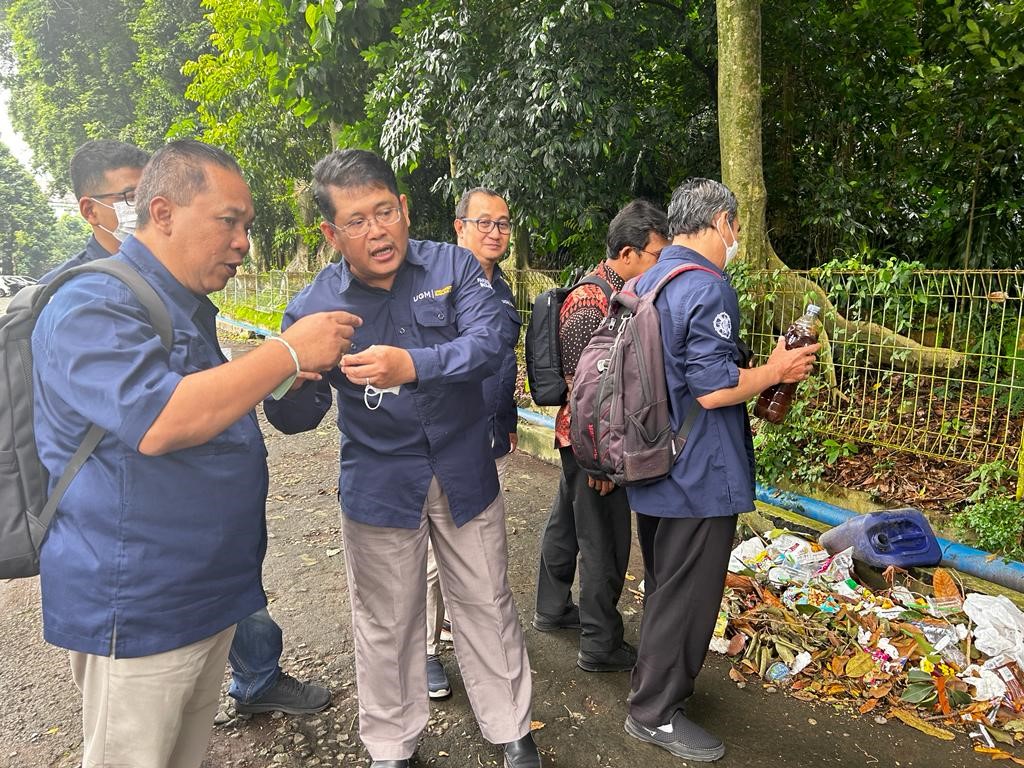
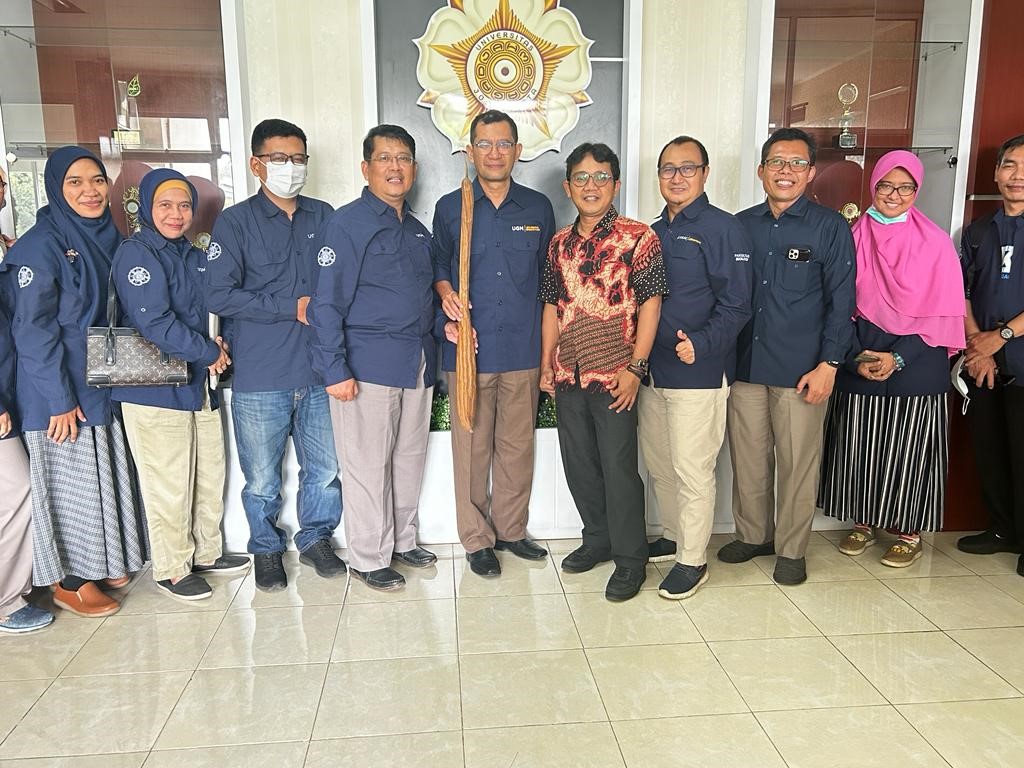
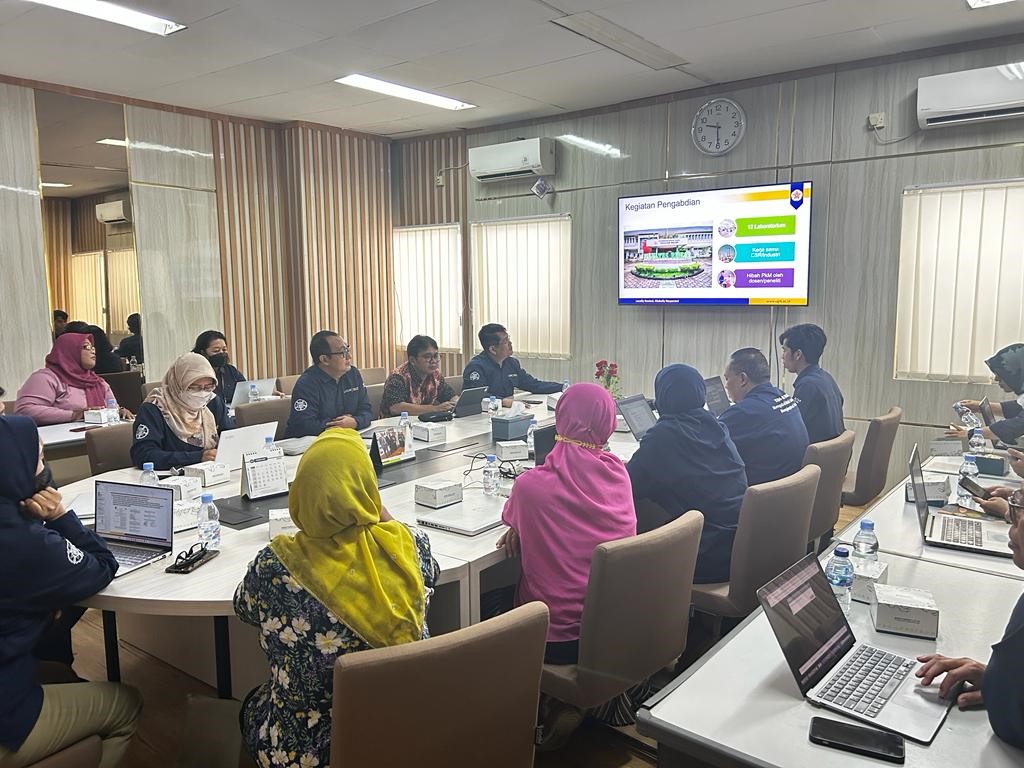
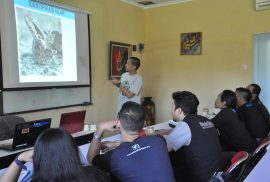
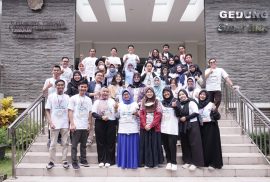
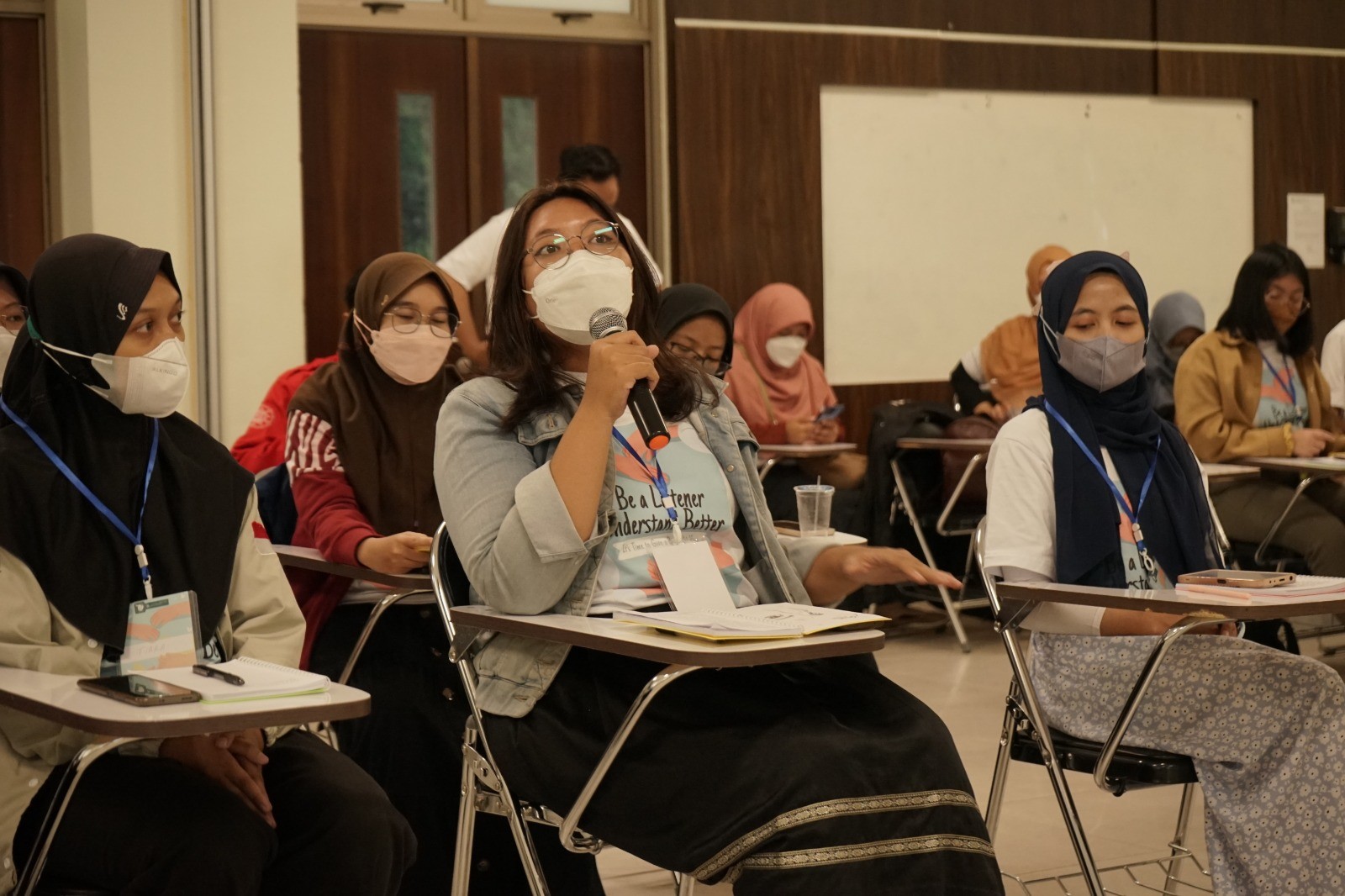
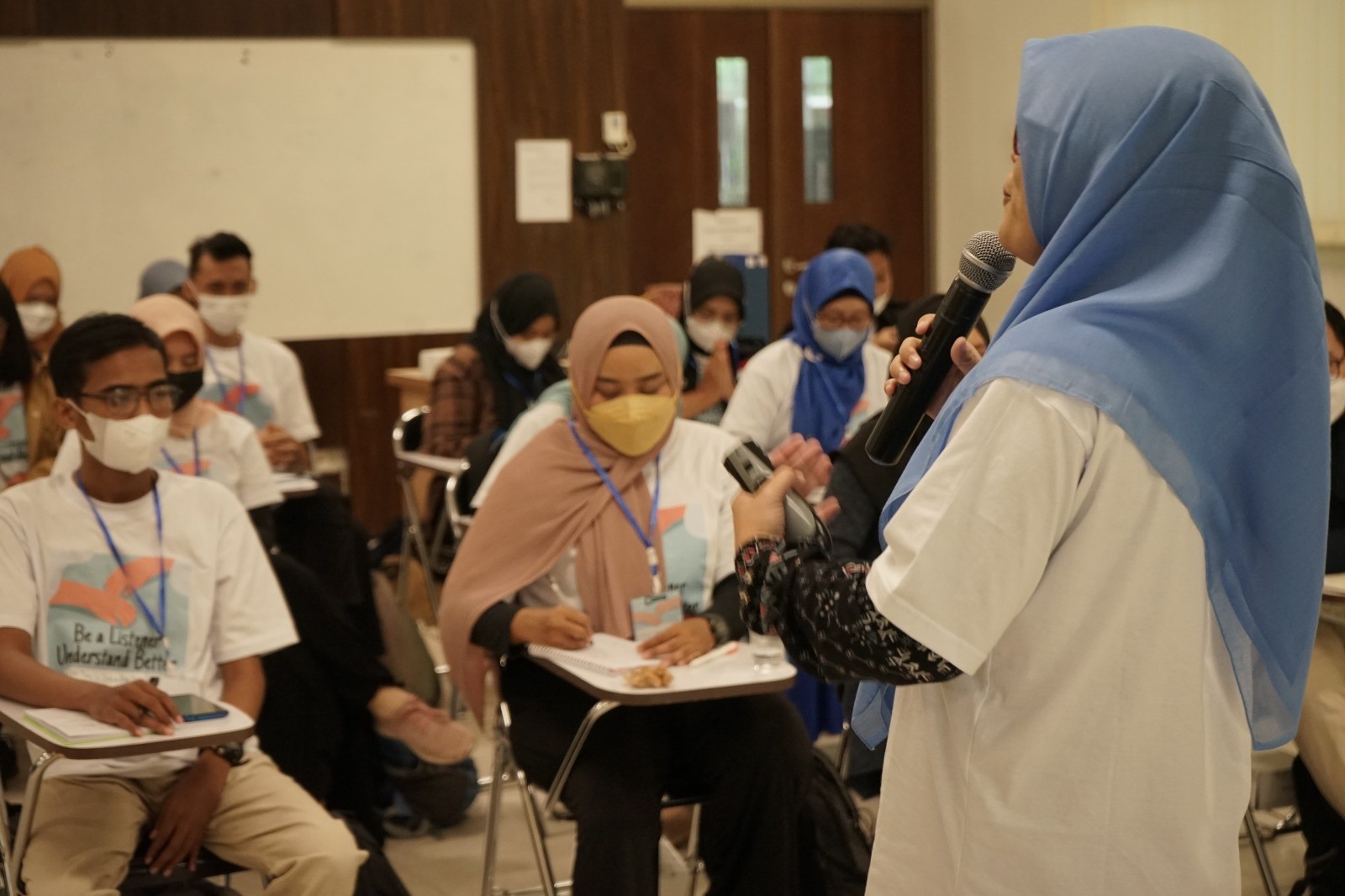
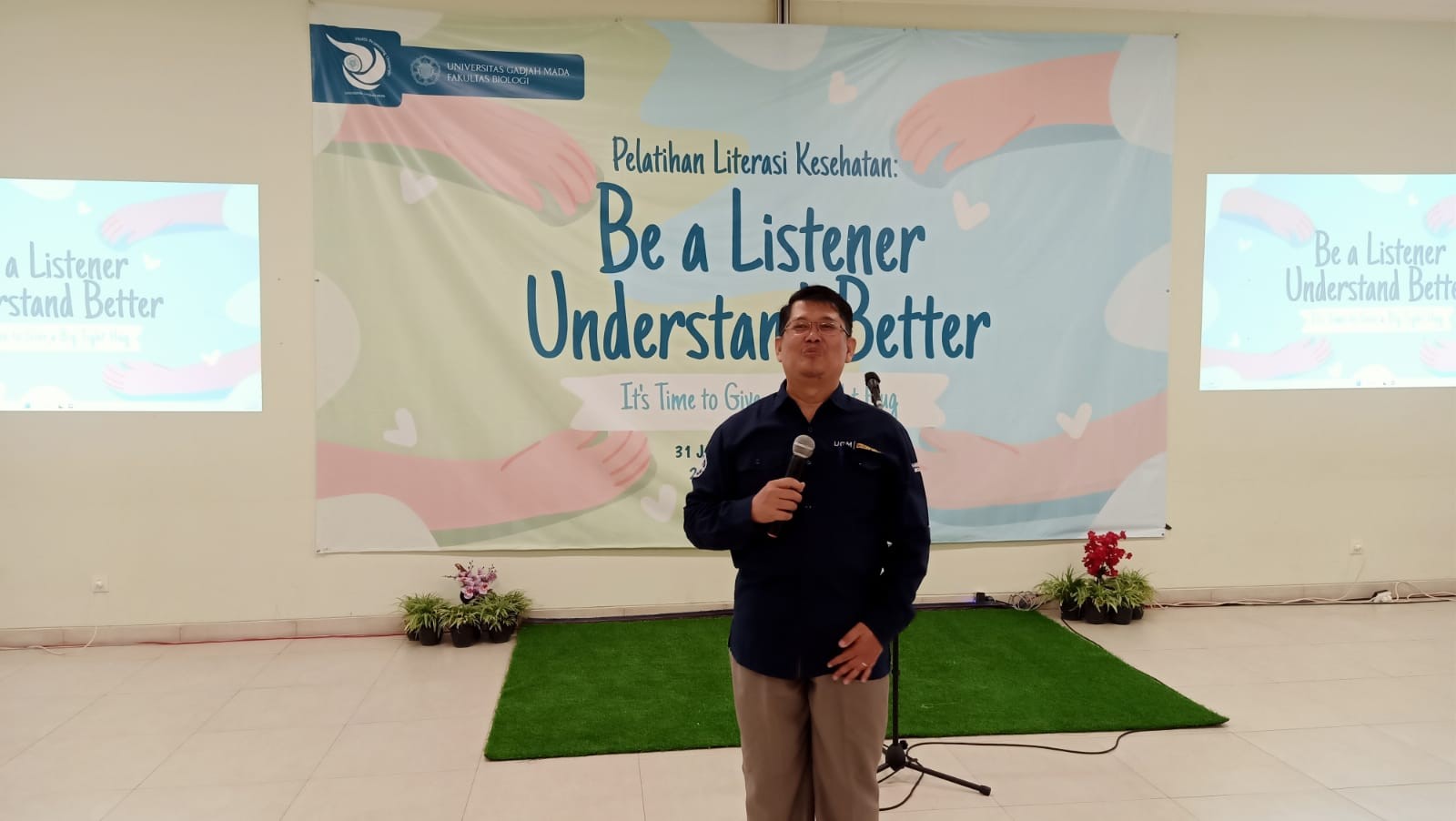
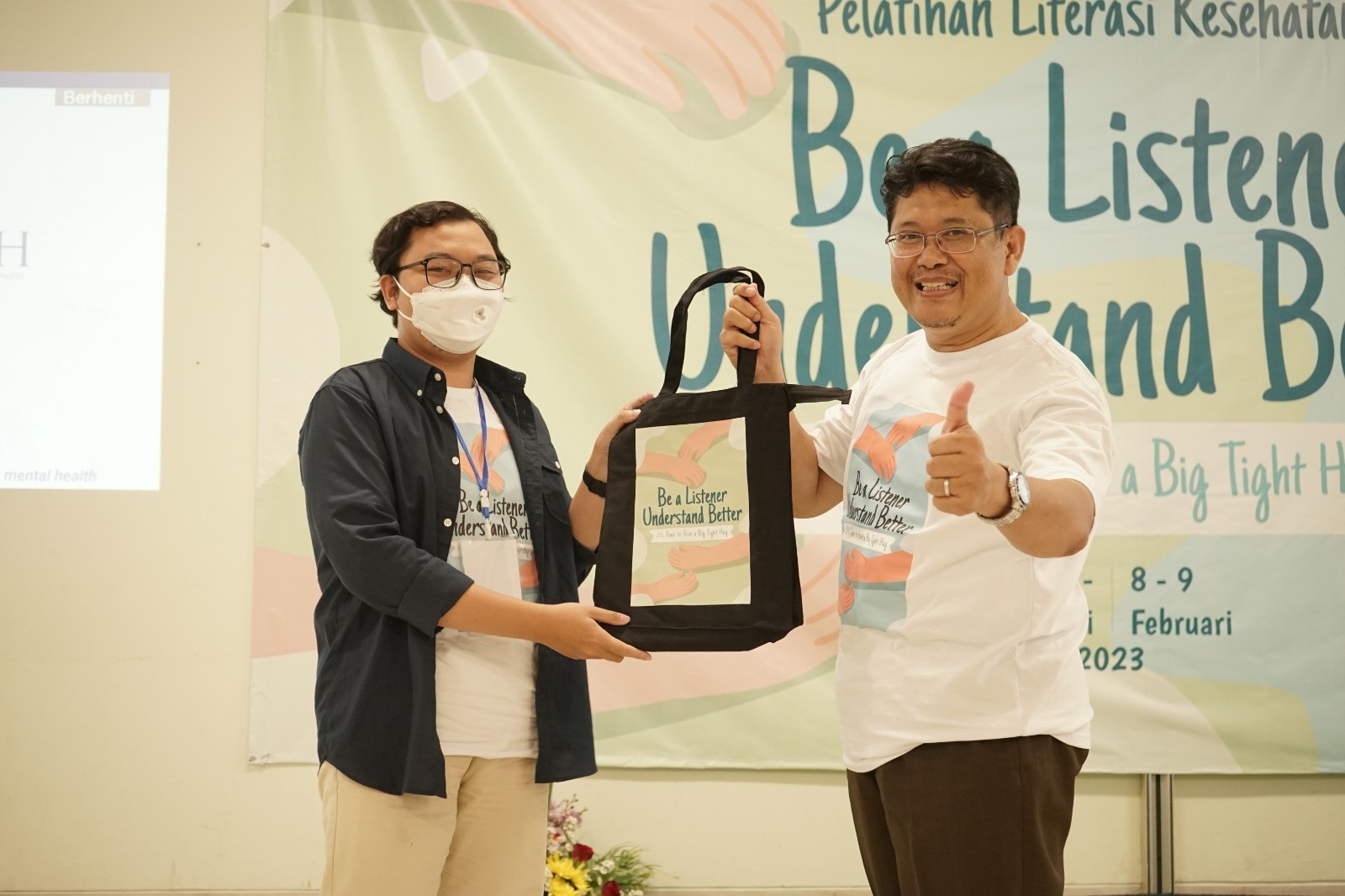
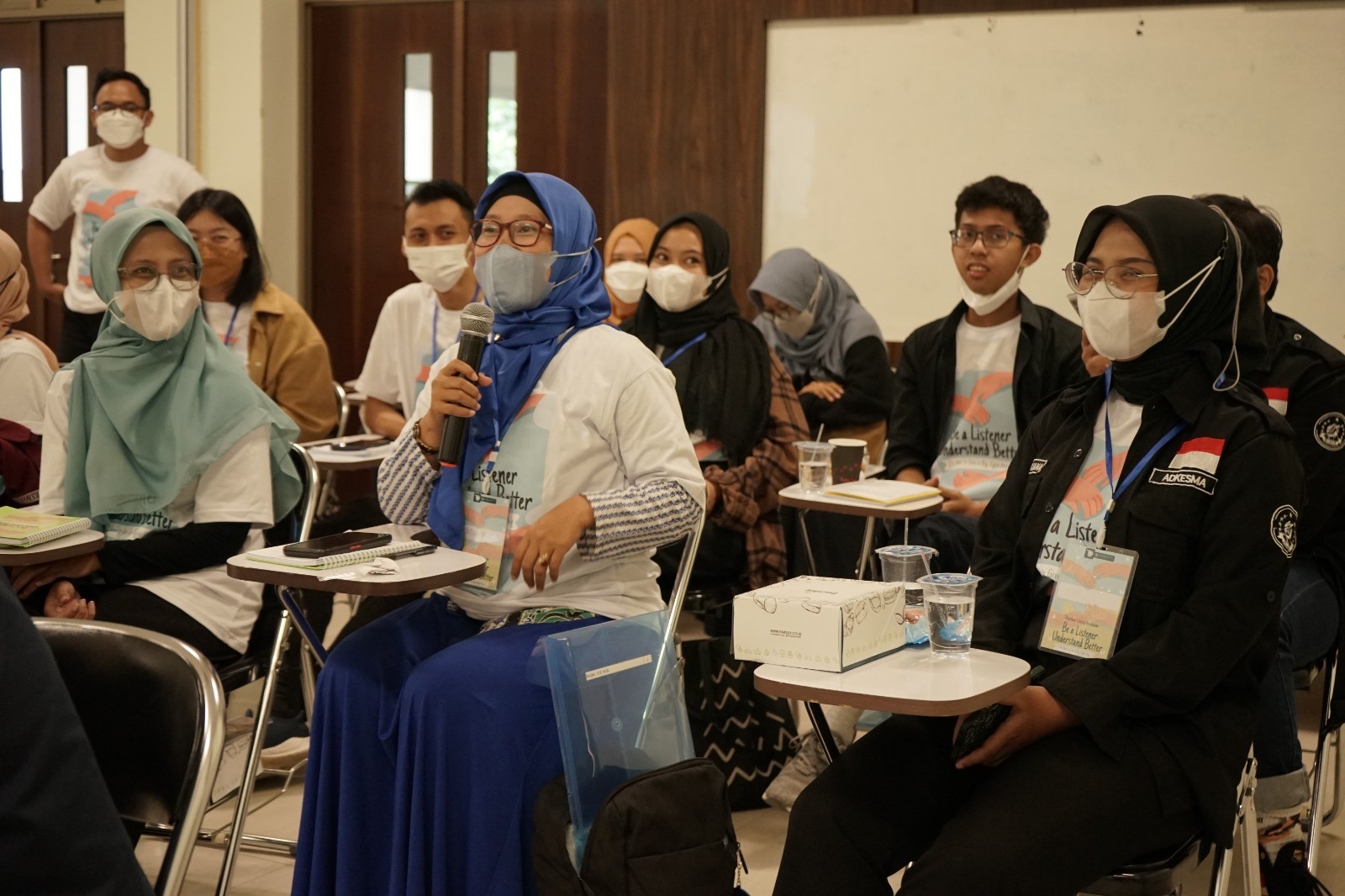
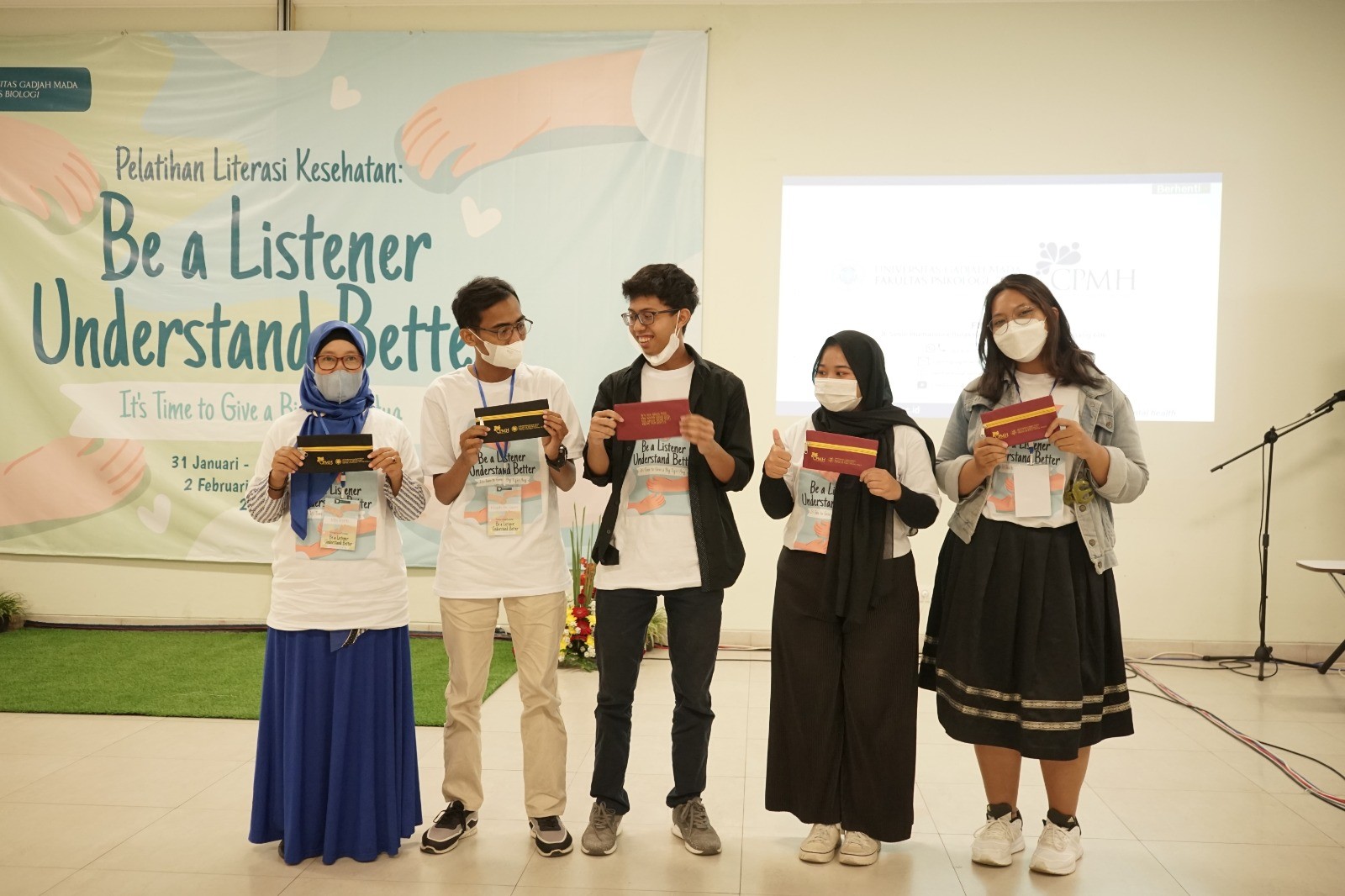
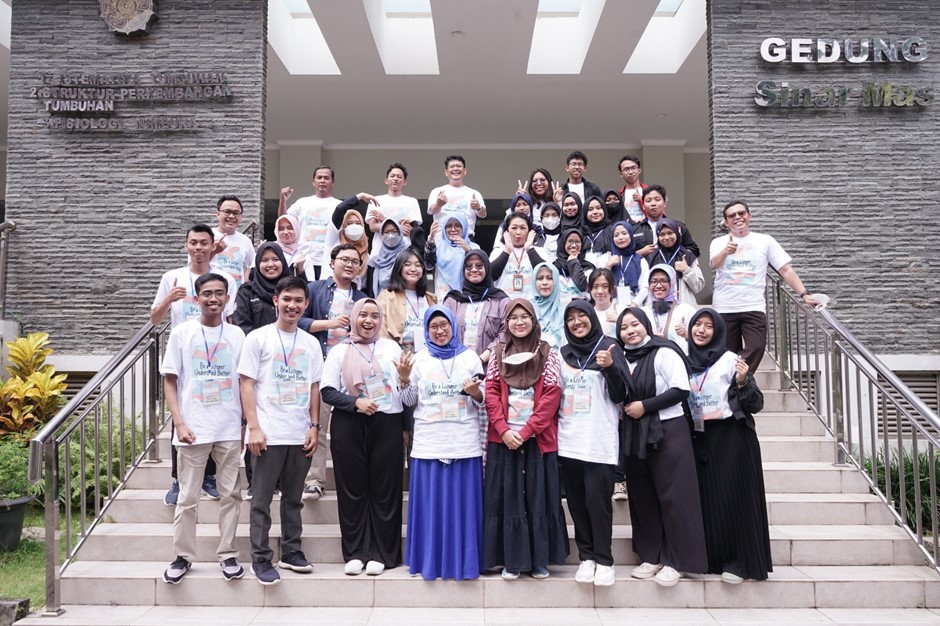
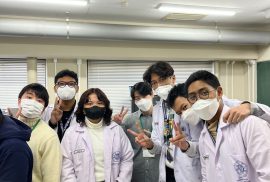
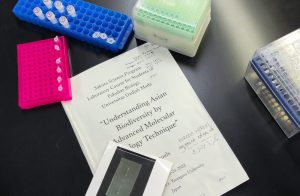

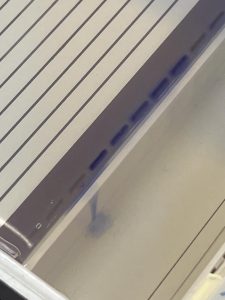 sequencing reaction.
sequencing reaction. 
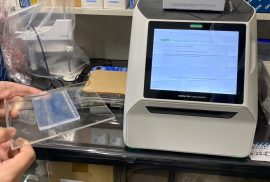
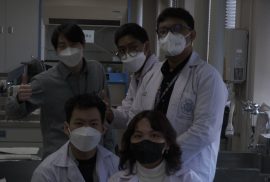
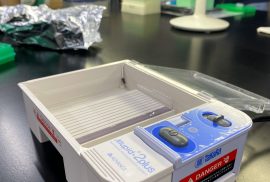
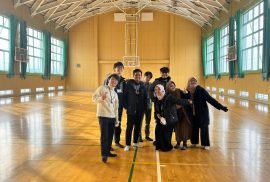
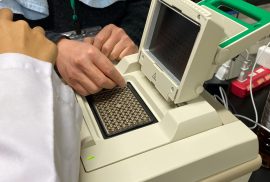
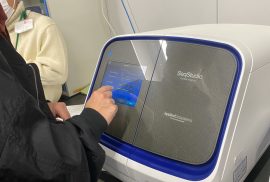
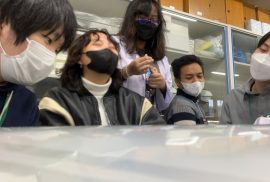
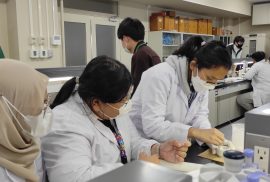
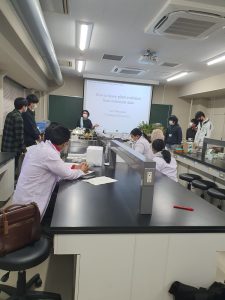
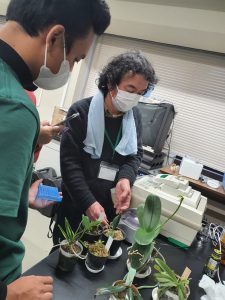

 In the afternoon, between the continuous experiments, we were given warm and savory chicken curry with naan on the side. After we finished our DNA isolation, we stored them away to be put through PCR and excitedly waited for the results tomorrow, hoping that our efforts will pay off. At 17.30, we once again had dinner at the Indian restaurant from the night before, where we ate curry that we chose beforehand, all the while chatting with the lab assistants who joined us that evening. With the evening ending on a great note, we parted ways once again to roam the city and eventually call it a night. (Niki&Reiz)
In the afternoon, between the continuous experiments, we were given warm and savory chicken curry with naan on the side. After we finished our DNA isolation, we stored them away to be put through PCR and excitedly waited for the results tomorrow, hoping that our efforts will pay off. At 17.30, we once again had dinner at the Indian restaurant from the night before, where we ate curry that we chose beforehand, all the while chatting with the lab assistants who joined us that evening. With the evening ending on a great note, we parted ways once again to roam the city and eventually call it a night. (Niki&Reiz)